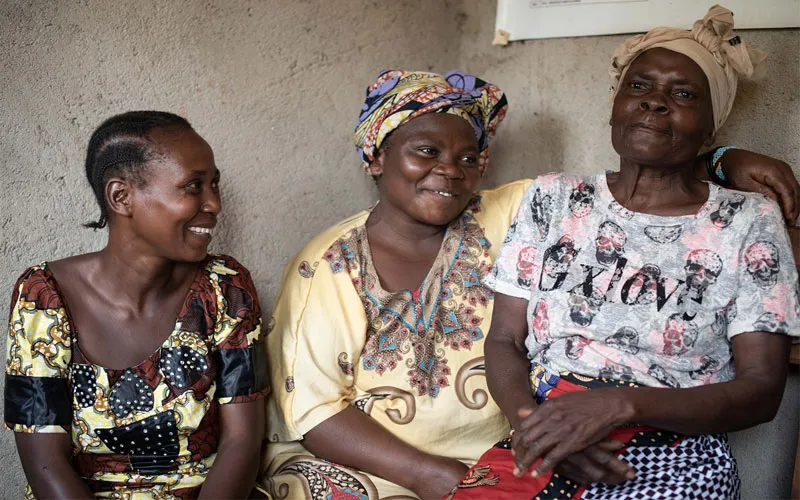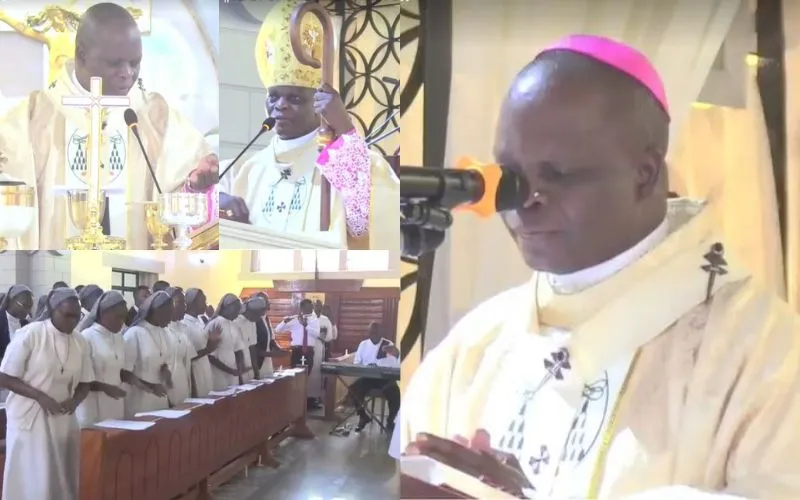Nairobi, 10 October, 2022 / 8:50 pm (ACI Africa).
On the occasion of World Mental Health Day marked October 10, the leadership of the overseas development agency of the Catholic Bishops of Ireland, Trócaire, has reviewed its initiatives towards mental health across the globe, including Africa.
In a Monday, October 10 report, Trócaire officials make reference to the impact of the “Listening points” program in the Democratic Republic of Congo (DRC) for survivors of Gender Based Violence (GBV) and the “Healing trauma after Genocide” in Rwanda.
“Ituri province of DRC has seen some of the worst human rights abuses of Congo’s long running conflicts. This has included large-scale massacres and widespread sexual violence,” officials of the Irish Catholic entity say in the October 10 report.
They add, “Gender inequality remains a deep-rooted issue in DRC. When women challenge these norms, gender-based violence is often used as a tactic against them. Sexual violence has also been used as a military tactic by armed forces.”
The report indicates that Trócaire owns a small hut in a remote village in DRC, which serves as a lifeline to many women who are affected by violence there.








